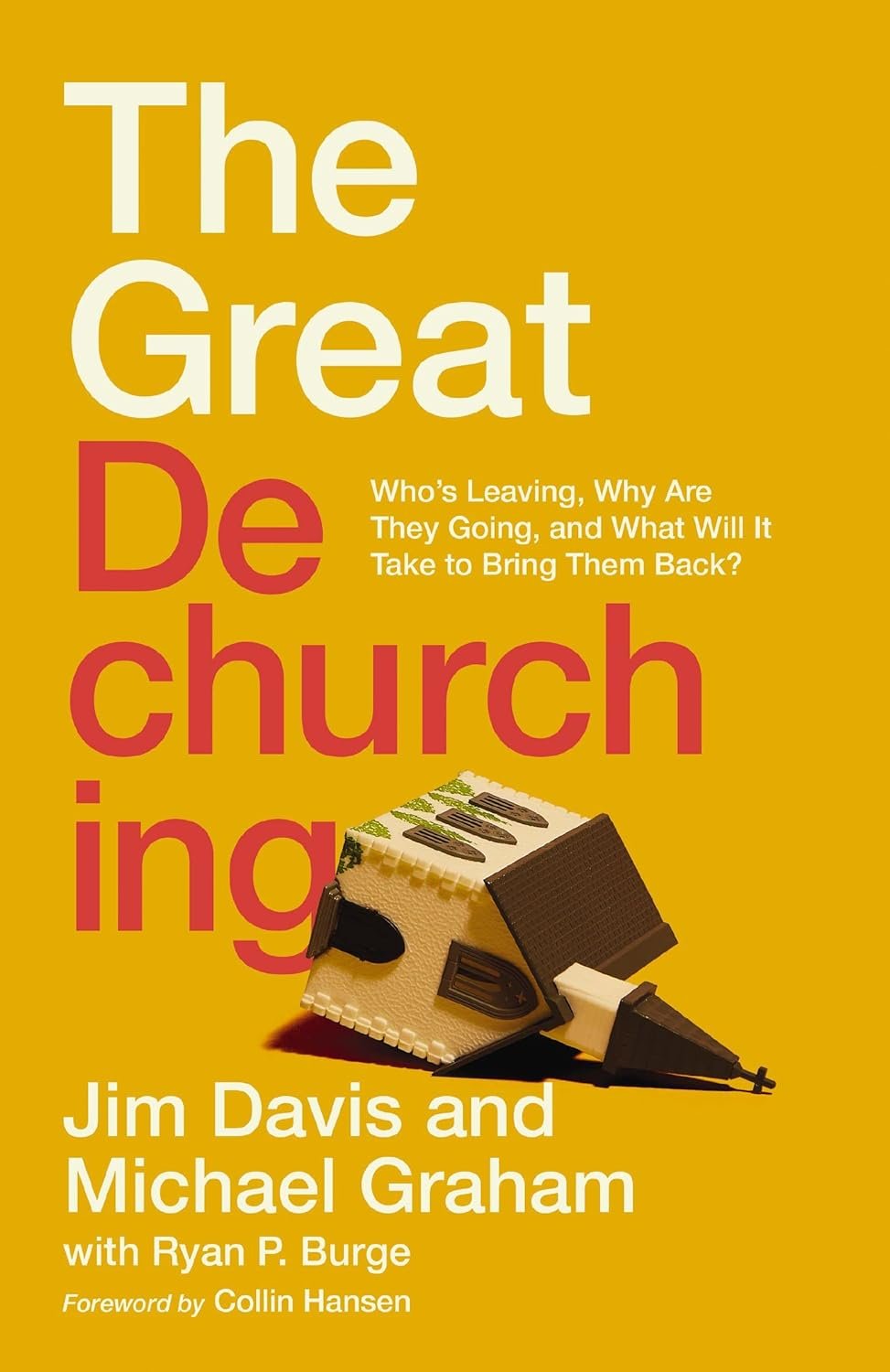Ten Insights from Happy First Time Guests
They showed up once. You’d love to see them again.
You’ve considered the concerns of first time guests from our last post, How to Turn First Time Guests into Only Time Guests. Now you want to offer guests every reason to feel welcome and return for subsequent visits.
Here are ten insights from happy first time church guests:
Someone asked me to sit with them. It’s a simple thing. And it may be the best thing you can do. Even though you’ve just met, they feel welcomed like they belong. Because they do.
People introduced themselves to me. A church worship service isn’t about you and your preferences. We gather to worship God with one another. It’s a joy to make new friends too.
They had clear signage. Consider walking into any public building for the first time. Where is the restroom? The children’s area? Does it even look like they are expecting guests?
There was an inviting welcome center. Clearly marked, not cluttered, with a friendly volunteer. A welcome center—even a small table—with a well-designed brochure is always welcome.
Our kids loved their children’s area. You always want your kids to have a good experience no matter where they are, but especially church. Effort here is noticed. So is the lack thereof.
The children’s area was clean and secure. You can have a great worship experience, but fail here never to see that first time guest family again. Make it safe. Keep it clean.
Guest parking was clearly visible. Right next to the accessible parking, the best parking spots should be set aside for guests. Note: “Guest Parking” feels better than “Visitor Parking.”
They didn’t make me stand up and greet people. This really friendly-if-you-belong practice is terrifying if you don’t. As we learned, it is the #1 complaint first time guests. Stop it.
The members weren’t pushy. Friendly, yes. Kind, yes. Welcoming, yes. But not pushy and definitely not creepy. You’ve got members with the right interpersonal skills and discernment.
The guest card was easy to complete. Nicely printed on card stock or well designed and accessed through an easy to find QR code. Contact info says they want to know more. That’s great!
80% of first time church guests are unhappy with their visit, but it doesn’t have to be that way. You just read how to make guests happy. You can read what makes guests unhappy. This post in another response to The Great Dechurching. Thanks to Thom Rainer for these research-based insights from his concise book, Becoming a Welcoming Church.
To subscribe to this Serving Churches blog via RSS, click here.
Please comment, like, and share this post. Thank you!




